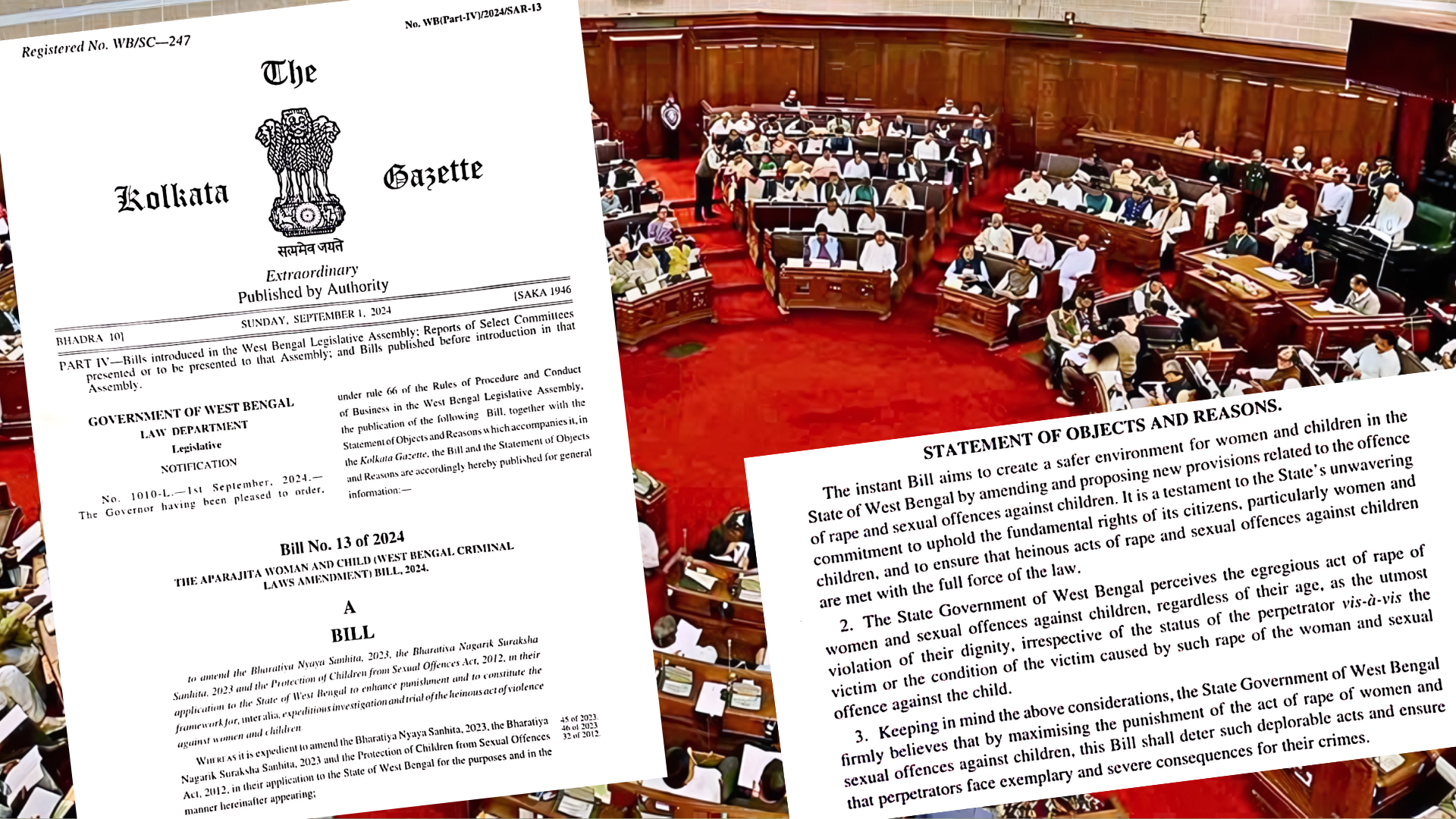Bengal shows highest job loss in unorganised sector

Bengal has topped the chart for worst-performing states in terms of job loss in the unorganised sector. According to calculations derived from data released by the National Statistical Office (NSO), the state lost 30 lakh (or 3 million) jobs in the sector between 2015-16 and 2022-23.
In the Indian context, the unincorporated/unorganised/informal sector is important because of the large number of establishments in this sector and the magnitude of employment it provides to unskilled, semi-skilled, and skilled persons. The sector includes small businesses, vendors, hawkers, sole proprietorships, partnerships and other businesses that are not incorporated under the Companies Act, 1956 or the Companies Act, 2013.
The 73rd round of the National Sample Survey (NSS) on unincorporated enterprises for 2015-16 showed that the sector employed 1.35 lakh (or 13.5 million) workers in the eastern state. The latest Annual Survey on Unincorporated Sector Enterprises (ASUSE) report for 2021-22 and 2022-23, released by the NSO on last Friday, showed that the number had reduced to 1.05 lakh (or 10.5 million), thus showing a loss of 30 lakh (or 3 million) jobs in seven years.
Apart from Bengal, seven other big states have lost a significant number of jobs during the seven-year period from 2015-16 to 2022-23. However, Bengal has fared the worst, by far—the loss in the number of jobs is 2.3 times that of the next highest state, Tamil Nadu.
The seven states with the highest decline in the number of workers in the informal sector of the economy are Karnataka (13 lakh, or 1.3 million), Tamil Nadu (12 lakh, or 1.2 million), Uttar Pradesh (7.91 lakh, or 791,000), Andhra Pradesh (6.77 lakh, or 677,000), Kerala (6.4 lakh, or 640,000), Assam (4.94 lakh, or 494,000) and Telangana (3.44 lakh, or 344,000).
As many as 13 of 28 states and three Union territories (UTs) saw a loss in jobs during the seven-year period.
According to economists, states with a larger non-farm sector or a relatively larger industrial base have more unorganised sector enterprises (often clustered around organised/formal sector factories, offices, etc.); the deterioration of the employment opportunities provided by the formal sector units, as a result of successive policy-induced shocks (like demonetisation, unplanned GST implementation, etc.) and unintended setbacks like the COVID-19 pandemic, in the past few years have led to the job losses in the informal sector.
But Bengal, among the large states, is already highly deficient in large-scale industrial development. This has led to much more dependence of the ordinary people on informal sector units for earning an income. The major shocks to the industrial base mentioned in the last paragraph have thus had a much larger impact on the state.
This huge loss in jobs in the unorganised sector proves that without large-scale industrial development, jobs in viable numbers would be hard to come by. Bengal has impressive numbers to show in the micro, small and medium enterprises (MSME) sector, but that is not enough to create a stable, large-scale employment growth.
Among the big states that added jobs in the informal sector are Maharashtra (24 lakh, or 2.4 million), Gujarat (7.62 lakh, or 762,000), Odisha (7.61 lakh, or 761,000) and Rajasthan (7.56 lakh, or 756,000).







